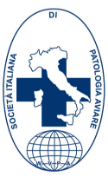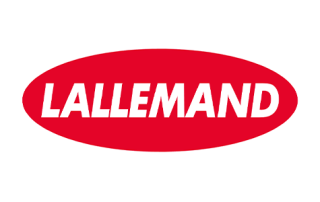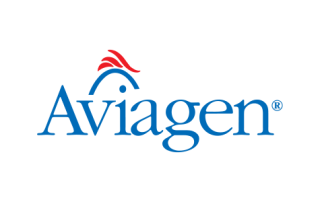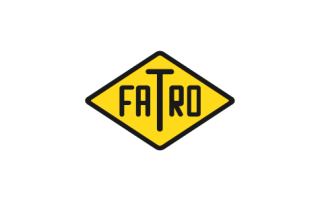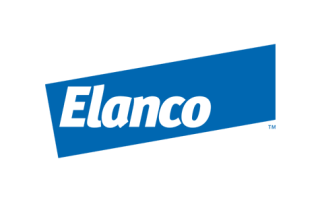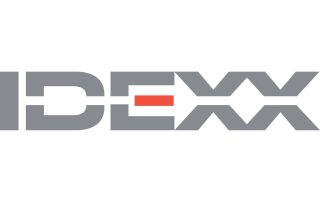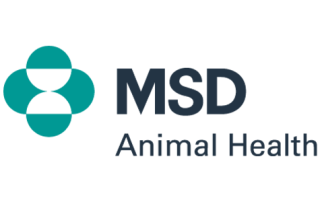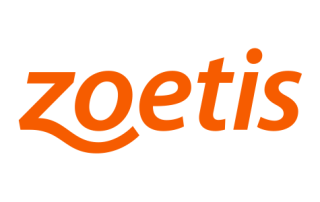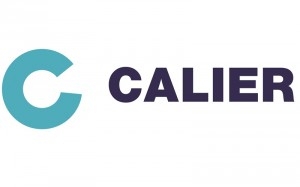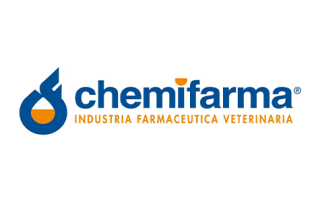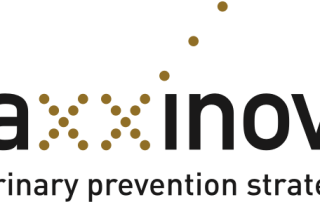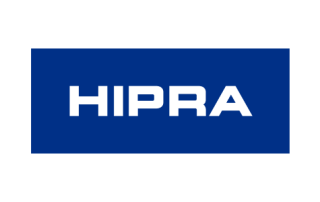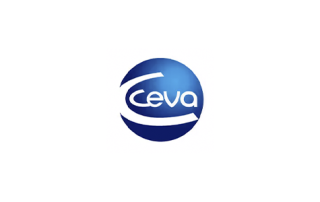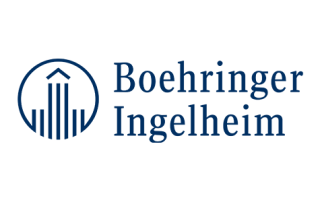
16 Luglio 2020
Corso di Perfezionamento in “TECNOLOGIE INNOVATIVE NELL’IDENTIFICAZIONE RAPIDA DI MICRORGANISMI MULTIRESISTENTI”
L’Università di Verona propone per l’anno accademico 2020-21 la prima edizione del Corso di Perfezionamento in “TECNOLOGIE INNOVATIVE NELL’IDENTIFICAZIONE RAPIDA DI MICRORGANISMI MULTIRESISTENTI”
L’istituzione di un corso di perfezionamento sulle tecniche di identificazione rapida dell’antimicrobico resistenza nasce dalla drammatica diffusione di microrganismi multiresistenti e dal continuo sviluppo tecnologico rivolto alla loro rapida identificazione. Le dimensioni del problema sono date dall’interessamento delle varie organizzazione sanitarie internazionali. Nel 2013 il CDC (Center for Disease control and Prevention) ha dichiarato che ci troviamo in era post-antibiotica. Nel 2014 l’Organizzazione Mondiale della Sanità ha riconosciuto il problema della resistenza antimicrobica come una crisi di salute pubblica globale e ha pubblicato un “Global report” dove viene evidenziato la situazione mondiale relativa alla resistenza antimicrobica nel mondo relativa a tubercolosi, HIV, malaria, influenza e vari batteri resistenti agli antibiotici. Nel 2015 la “World Health Assembly” ha adottato una risoluzione per sviluppare un piano di azione globale contro la resistenza antimicrobica. Nel 2017 è stato approvato il Piano Nazionale di Contrasto dell’Antimicrobico-Resistenza (PNCAR) 2017-2020. Questo piano è focalizzato sulla resistenza agli antibiotici, che rappresenta, al momento, il problema di maggiore impatto nel nostro Paese e per il quale sono più urgenti le azioni di prevenzione e controllo. In questa ottica intendiamo proporre un corso di perfezionamento rivolto a Biotecnologi, Biologi, Tecnici di laboratorio biomedico, veterinari e dell’ambiente oltre ad altre figure professionali che a vari titoli possono essere coinvolte nel problema dell’antimicrobico resistenza.
Gli obiettivi formativi del Corso sono di aumentare e ampliare le conoscenze e le competenze nell’ambito delle tecniche identificative dei microrganismi multiresistenti (batteri, virus, parassiti e miceti). La finalità è di rafforzare le competenze di base dei partecipanti sulla comprensione dei meccanismi e su tutte le nuove tecniche per l’identificazione rapida della resistenza antimicrobica e dei nuovi approcci che possono essere messi in campo per aggirare e contrastare il problema. Il corso verterà sulle tecniche di rilevamento dell’antimicrobico resistenza, che vanno dai test fenotipici biochimici rapidi, all’analisi genetica molecolare sia mediante real-time che NGS, ai saggi immunoenzimatici ed elettrochimici, fino all’utilizzo del Maldi-tof in tutte le sue modalità di determinazione dell’antibiotico resistenza. Per tutte le tecniche sono previste delle ore di pratica di laboratorio.
Per maggiori notizie e iscrizioni al corso: https://www.medicina.univr.it/?ent=cs&id=980&lang=it
Dr. Anna Benini
Pharmacology Section
Department of Diagnostic and Public Health
University of Verona
Phone: +39 0458027603
11 Agosto 2017
WVEPAH Course „Egg Specialized“, Utrecht, the Netherlands, 11 – 22 September 2017
During the last OIE General Session in Paris you have probably seen the WVEPAH Information letter. (see attachment).
I would like to take this chance to inform you officially that the World Veterinary Education in Production Animal Health (WVEPAH) – a non-for-profit organization, supported by the OIE, in collaboration with the Veterinary Faculty of the University of Utrecht, Netherlands, is launching a new course at this Training and Certification Centre (TCC).
This Centre is particularly dedicated to Poultry experts from the European and Middle East countries, who specialize in “Egg Layers”, however, all English-speaking professionals are welcome to attend the course.
Good experts in Poultry are practicing in all parts of the world, but their level of competence varies a lot. WVEPAH’s objectives are to train these professionals to the same high level of knowledge and skills that is required by the OIE and to certify this level of competence by offering the same examination and diploma in each center: Dakar, Berlin, Tunis, Curitiba, Utrecht, Shanghai, Gaborone, Bangkok, etc. (see “Map”.)
Participants can consolidate and improve their knowledge in all areas such as: pathology, nutrition, biosecurity, epidemiology, animal welfare, antibiotics used, etc. and acquire a specialization in health and the production of “Chicken – Broilers”, “Egg layers”, “Turkey” or “Waterfowl”. The academic diploma “Certificate in Production Animal Health: Poultry Production and Health” is worldwide validated by the OIE for the “regulatory” part.
WVEPAH has set up a private “Facebook Group”, which is reserved for Course Masters, graduates and participants of the WVEPAH courses. This group is a part of the distance learning curriculum, which participants must use between residential courses. This network has already 120 “members”, including 34 official graduates from 2016 and more than 50 graduates from 2017 from Europe, the Middle East and Africa.
WVEPAH, as a non-for-profit organization, has to balance its financial resources, however, if some participants face financial difficulties they can contact us at info@wvepah.org and we will try to find a solution together.
All information is also available at www.wvepah.org .
As we do not accept “beginners”, it is very important but also difficult for us, to inform people with the appropriate professional background to participate in these training programs aimed at efficiency in the field.
Attached you will find files with information about the next training in Utrecht: module II specialized in “Egg layers” 11th to 22nd September 2017. See “Course presentation” and “Course program”.
We would appreciate a lot if you could inform vet experts in Poultry around you about this opportunity to complete and validate their competence.
With the worldwide validation of the OIE for the “regulations” part, they de facto obtain the status of an international expert.
Due to your position, your support will be very valuable and effective. We would be delighted if you agree to provide us with contacts / addresses of Associations and / or companies in the Poultry field in your country, you can send the contact details to info@wvepah.org
If you have any questions or need any additional information, please do not hesitate to contact me.
Thank you in advance!
Dr Pierre Cadot
